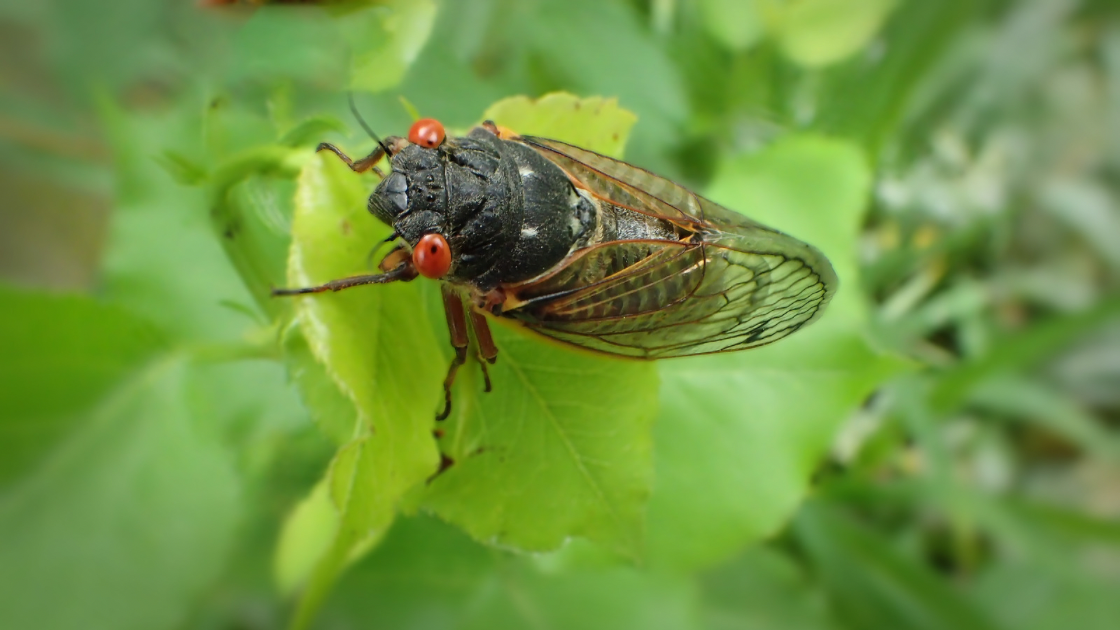The last co-emergence occurred during Thomas Jefferson’s presidency
Trillions of cicadas are set to emerge from the ground this summer. For the first time since 1803, Broods XIX and XIII will co-emerge. These insects originally hatched in 2011 and 2007 and have been underground since.
Cicadas emerge to mate and then die
Female cicadas will cut into trees to lay eggs. This isn’t entirely harmful to trees but it can be disruptive to certain life cycles of trees like Oak. Once hatched, the cicada will fall to the ground and burrow underground for years.
Drinking tree sap to survive, the cicadas stay underground until they arevmature enough to emerge 13-to-17 years later. Once soil temperatures reach about 64ºF, they emerge and shed their baby exoskeleton and start looking for mates.
The cicadas emerge only to breed before their deaths. Males die after mating while the female dies after laying their eggs.
Where will the cicadas emerge?
Brood XIX, known as the Great Southern Brood, emerges every 13 years across Southern Illinois, Missouri, Arkansas, Tennessee, Alabama, Georgia, North Carolina, South Carolina, Virginia, D.C., and Maryland. The cicadas emerging from this brood were born in 2011.
Brood XIII, known as the Northern Illinois Brood, emerges every 17 years across parts of Illinois. The cicadas emerging from this brood were born in 2007.
There is only a small part of Illinois where there is a possibility of the two broods overlapping.
This event is interesting because it allows for the observation of seven of the nine cicada species in one year and won’t happen again until 2037. The emergence of Broods XIII and XIX only happen once every 221 years.
How loud do cicadas get?
Cicadas are known for their volume, with their buzzing potentially reaching up to 106.7 decibels. This is comparable to a chainsaw.
Each species in a brood makes a different set of buzzing that potential females recognize.
Why are there so many cicadas?
Because so many of them will be eaten, cicadas come out in large numbers as their only defense mechanism to ensure the survival of their species. Birds, ants, reptiles, fish, and other critters eat cicadas.
Please don’t harm them. They act as fertilizer once they die and can help improve tree blooms.


